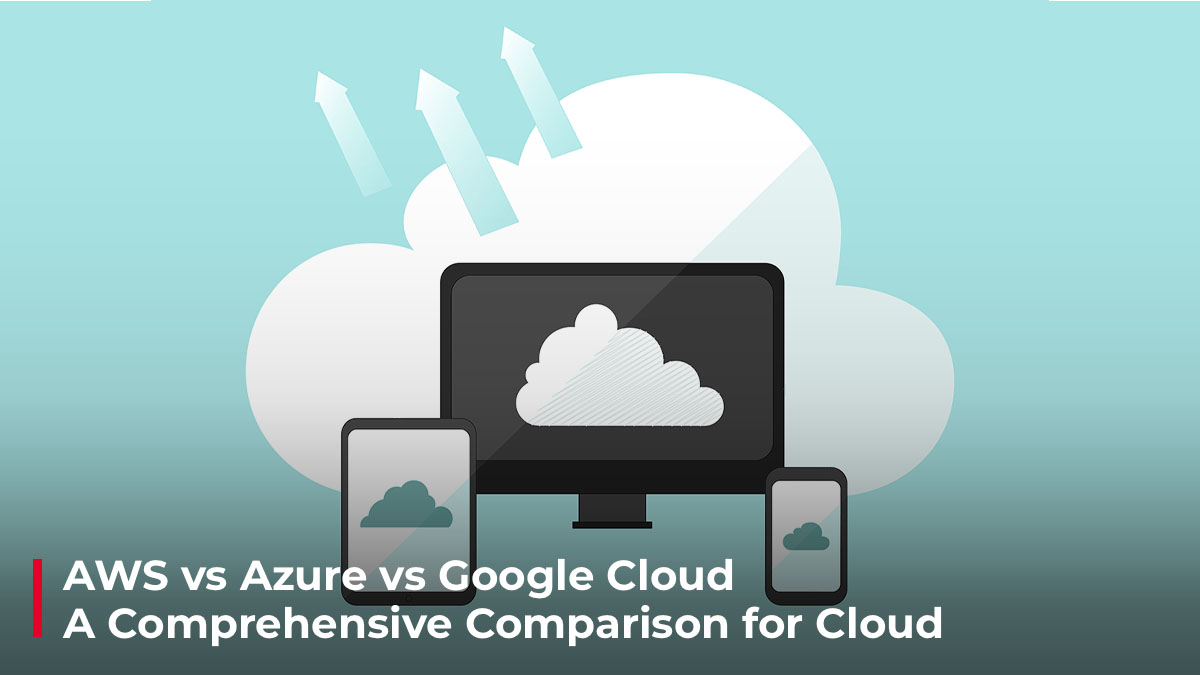Understanding Cloud Computing
Cloud computing refers to the utilization of remote servers hosted on the Internet to store, process, and deliver data. This approach has become the preferred method for businesses seeking to streamline complex operations efficiently and flexibly. Unlike traditional personal computers or on-premise servers, cloud computing leverages a network of interconnected servers, databases, software, analytics, and even cutting-edge technologies like generative AI. This expansive resource pool enables scaling, fosters innovation, and supports the creation of sophisticated and reliable applications.
According to industry research conducted by Fortune Business Insights, the cloud computing market is expected to experience a significant surge in the coming years. It is projected to reach a staggering size of approximately 2,291.59 billion US dollars by 2032. This substantial growth is largely driven by major companies embracing technologies such as the Internet of Things (IoT), big data, artificial intelligence (AI), and omni-cloud solutions. These technologies enhance real-time productivity and significantly reduce infrastructure costs for businesses.
While the effectiveness of cloud computing is undeniable, the market is witnessing an increasing number of options and providers. This expansion offers businesses a broader range of choices to meet their specific needs.
Navigating the Cloud Computing Landscape
Choosing the right cloud-based computing services for your business can be a daunting task. With cloud giants like Amazon Web Services (AWS), Microsoft Azure, and Google Cloud commanding around 67% of the market share (which accounts for approximately two-thirds of the entire cloud market), it’s no surprise that decision-making can be challenging. These providers are in a constant state of evolution, offering some of the most advanced cloud services available, which makes selecting the best fit for your budget and requirements a complex process.
To assist you in making an informed decision, let’s explore a comparison of these leading platforms.
Amazon Web Services (AWS)
AWS is one of the pioneers in the cloud computing industry, offering a comprehensive suite of services and solutions. Known for its reliability and scalability, AWS provides a wide range of services, including computing power, storage options, and database solutions. It also offers advanced tools for machine learning, analytics, and Internet of Things (IoT) applications.
Businesses across various industries choose AWS for its robust infrastructure and global reach. The platform is highly flexible, allowing companies to scale their operations seamlessly and pay only for the resources they use. Moreover, AWS is continually innovating, introducing new services and features to meet the evolving needs of businesses.
Microsoft Azure
Microsoft Azure is another major player in the cloud computing space, known for its strong integration with Microsoft products and services. Azure offers a diverse range of cloud services, including virtual machines, app services, and databases. It also provides tools for artificial intelligence, machine learning, and analytics.
One of the key advantages of Azure is its hybrid cloud capabilities, which allow businesses to seamlessly integrate on-premise infrastructure with cloud services. This flexibility is particularly beneficial for organizations looking to gradually transition to the cloud while retaining some of their existing infrastructure. Additionally, Azure’s extensive network of data centers ensures low-latency access to cloud resources worldwide.
Google Cloud
Google Cloud is renowned for its data analytics and machine learning capabilities. The platform offers a wide array of services, including computing, storage, and databases, as well as tools for machine learning, big data, and IoT applications. Google Cloud’s robust infrastructure is designed to support businesses with high-performance computing needs and data-intensive workloads.
One of the standout features of Google Cloud is its commitment to open-source technologies, making it an attractive option for developers and businesses that prioritize flexibility and innovation. The platform also benefits from Google’s expertise in data security and privacy, offering advanced security features to protect sensitive data.
Making the Right Choice
When choosing a cloud computing provider, businesses should consider several factors, including their specific needs, budget constraints, and long-term goals. Each of the major providers—AWS, Azure, and Google Cloud—offers unique strengths and capabilities that cater to different business requirements.
- Scalability and Flexibility: Consider the provider’s ability to scale resources according to your business needs. AWS is known for its scalability, while Azure offers strong hybrid cloud capabilities for seamless integration.
- Integration and Compatibility: Evaluate the compatibility of the cloud platform with your existing systems and software. Azure’s integration with Microsoft products is a significant advantage for businesses using Microsoft solutions.
- Data Security and Compliance: Ensure that the provider offers robust security measures and complies with industry standards and regulations. Google Cloud’s focus on data security is a key consideration for data-sensitive industries.
- Cost and Pricing Structure: Analyze the pricing models and cost structures of each provider to determine the most cost-effective solution for your business. AWS’s pay-as-you-go model is appealing for businesses looking to optimize costs.
The Future of Cloud Computing
As the cloud computing market continues to expand, businesses can expect even more innovative solutions and services to emerge. The integration of AI, big data, and IoT technologies will further enhance the capabilities of cloud platforms, enabling businesses to achieve new levels of efficiency and productivity.
Moreover, the shift towards omni-cloud solutions, where businesses can seamlessly operate across multiple cloud environments, will provide greater flexibility and resilience. This approach allows companies to leverage the strengths of different providers while minimizing the risks associated with vendor lock-in.
In conclusion, cloud computing is revolutionizing the way businesses operate, offering unparalleled opportunities for growth and innovation. By carefully evaluating the strengths and capabilities of leading providers like AWS, Azure, and Google Cloud, businesses can make well-informed decisions that align with their strategic objectives and drive long-term success.
For more detailed insights into the cloud computing market and trends, you can refer to the original research by Fortune Business Insights at their website.
For more Information, Refer to this article.


































